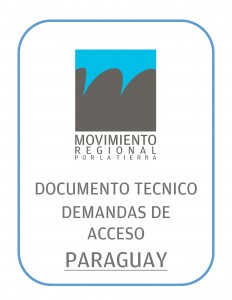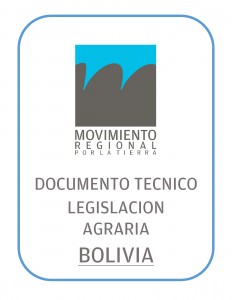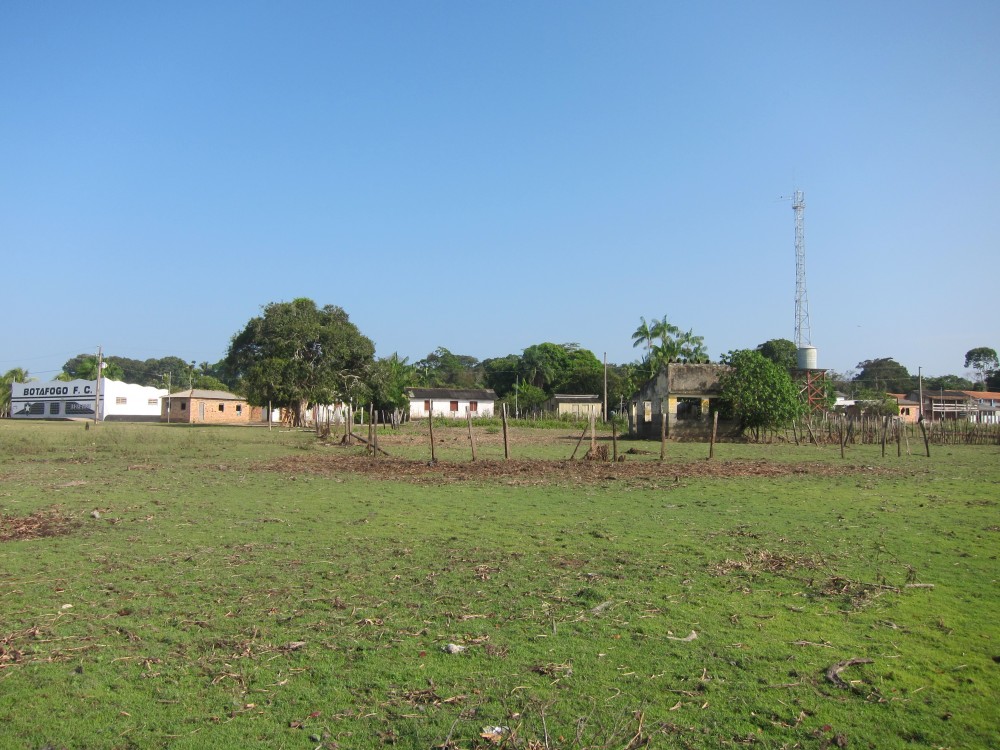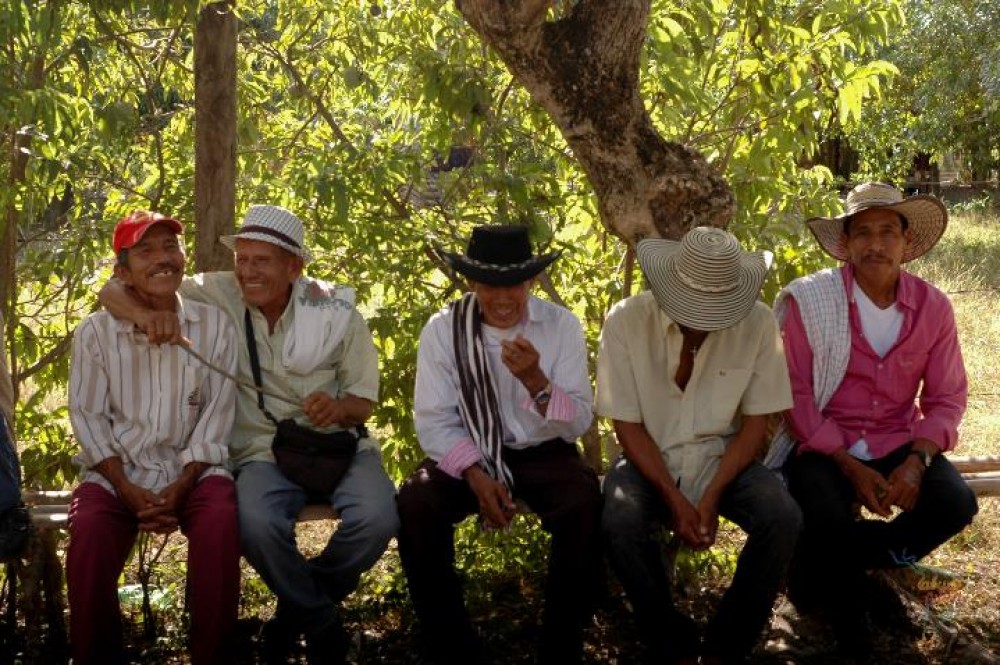Vietnam Land Registration from Terminology to the Practice
Vietnam Land Administration system has implemented successfully the land policy in recent decades. In the next phase of socio-economic development plan, land is requested to become important domestic resources for many investment projects. Obviously, land registration needs further development so that land use rights or land use right certificate can be used as asset in the open market. In the past ten years, many improved on land registration was undertaken. Many first-look problems have been identified and fixed. The issues of Vietnam land registration are more difficult to identify.






